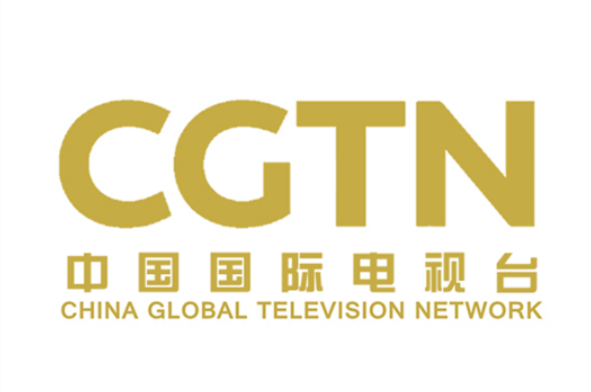
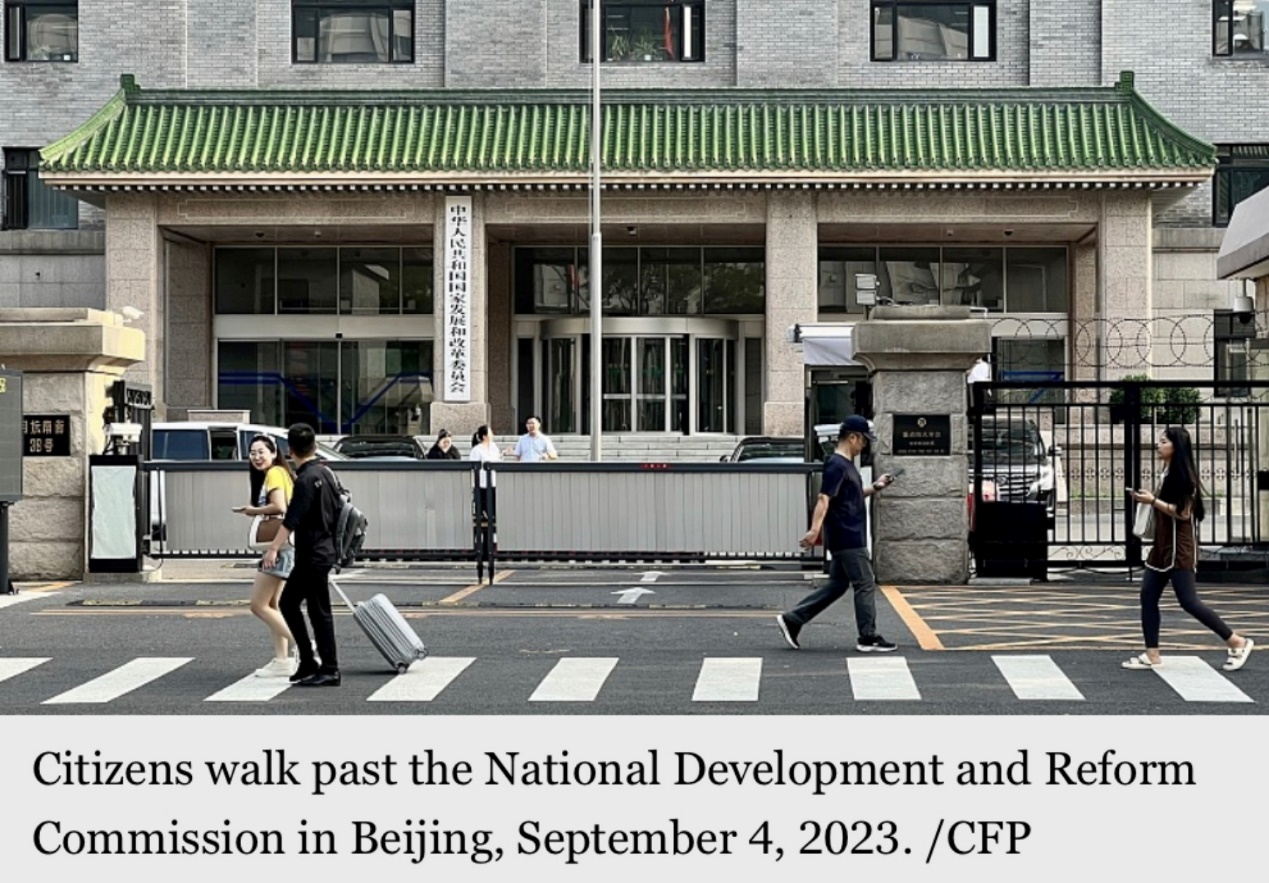
China has set up a bureau under the National Development and Reform Commission (NDRC), the country's top economic planner, specializing in promoting the development of the private economy. This arrangement has sent a reassuring signal that China is determined to improve the business environment by taking a raft of policies.
How would this affect the private economy, and more generally, the economy in China?
Facing high uncertainty, private entrepreneurs chose to "wait and see." The international situation has not been quite friendly to Chinese private entrepreneurs in the past several years. Though the total volume was not affected much, the structure of exports changed tremendously due to the China-U.S. trade war. The technology blockades also put private entrepreneurs in an awkward position along the global supply chain. The COVID-19 pandemic accelerated the reconstruction of global value chains, and private entrepreneurs needed to find their roles in the ongoing rebalancing international market.
In addition to the international uncertainty, domestic policy changes also concerned private entrepreneurs.
For the first half of 2023, China's investment in fixed assets amounted to 2,431 billion Chinese yuan ($331.06 billion), with a 3.8 percent year-on-year growth. However, private investment only contributed 1,285 billion yuan ($175 billion), with a 0.2 percent year-on-year decrease. Along with the economic recovery, decreasing investment reflected rising perceived uncertainty and declining confidence of private entrepreneurs.
An efficient communication mechanism leads to effective policy designs and anchored expectations. It establishes a channel for regular communication between policymakers and private enterprises and reduces information friction between the two sides.
With a comprehensive system to track and analyze the development of the private economy, policymakers can better assess the major problems and have more coordinated policy designs to promote private investment. With an efficient transmission mechanism of policy signals, private enterprises can have a clearer understanding of policy directions and form more anchored expectations.
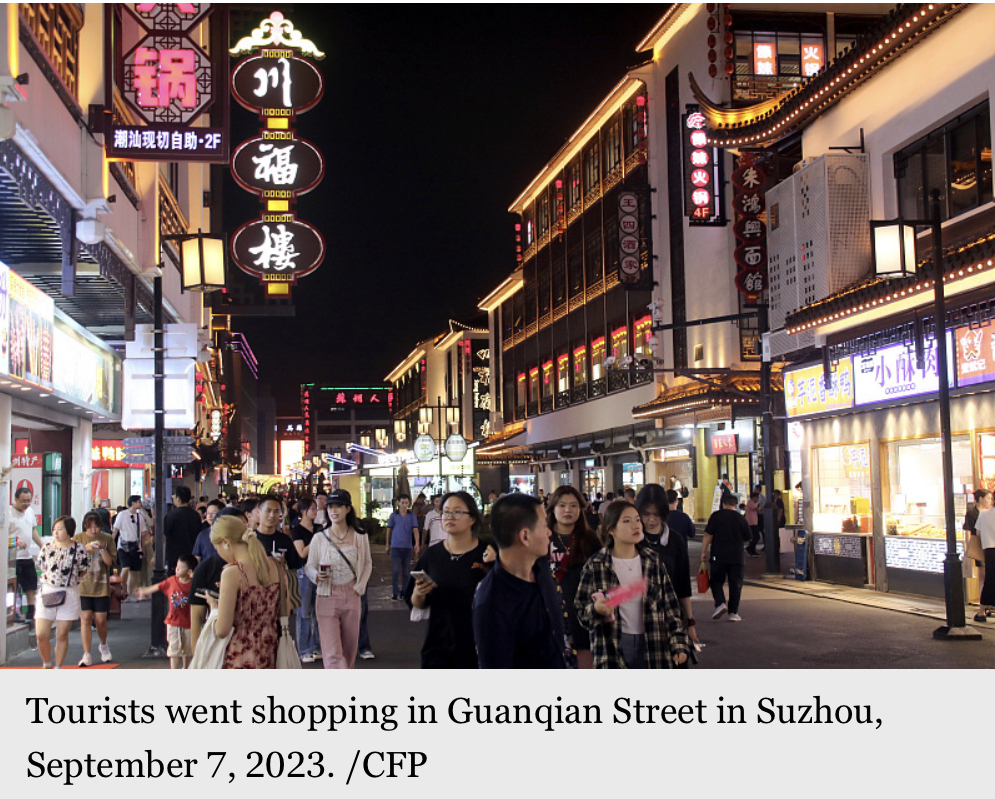
With anchored expectations, private investment is expected to rise in the short run. Expectations matter a lot. People are forward looking and generally speaking, all economic decisions are made based on the expectations of economic agents, and all policies are designed based on the expectations of policymakers.
A major advantage of China's political system is that it is highly structural and persistent with the annual Central Economic Work Conference for the short run, the Outline of the 14th Five-Year Plan for National Economic and Social Development for the middle run, and the Long-Range Objectives Through the Year 2035. The National Development and Reform Commission is the major agency to coordinate and organize the formulation of policies, and policies are formulated toward these objectives.
Facing coordinated policies with determined objectives, private entrepreneurs can form clear expectations and know how to adjust investment and production plans. We would expect to see continuous growth in private investment.
Rising private investment could attract more labor to the private economy in the middle run. China's surveyed urban unemployment rate stood at 5.2 percent in May 2023, while the rate for those aged 16-24 climbed to a record high of 20.8 percent. In the middle run, a booming private economy could absorb excess supply in the labor market. With a clear signal that the government is dedicated to promoting the private economy, it is expected to attract more skilled labor, and higher human capital could contribute to the development of the private economy.
A prosperous private economy contributes to China's high-quality development in the long run. The private economy is an important part of China's socialist market economy. Private companies feature strong technological innovation and high flexibility in business models, and they are more sensitive to the market. Private economy and state-owned enterprises are complementary along the industrial chain, and coordinated development of private and public economies could contribute to a more sustainable and inclusive economic development.
作者:安子栋 李海博
单位:中国人民大学应用经济学院
来源:CGTN
设计 责编:孟小琪 马文林
审核:安子栋 宋枫
相关新闻
-
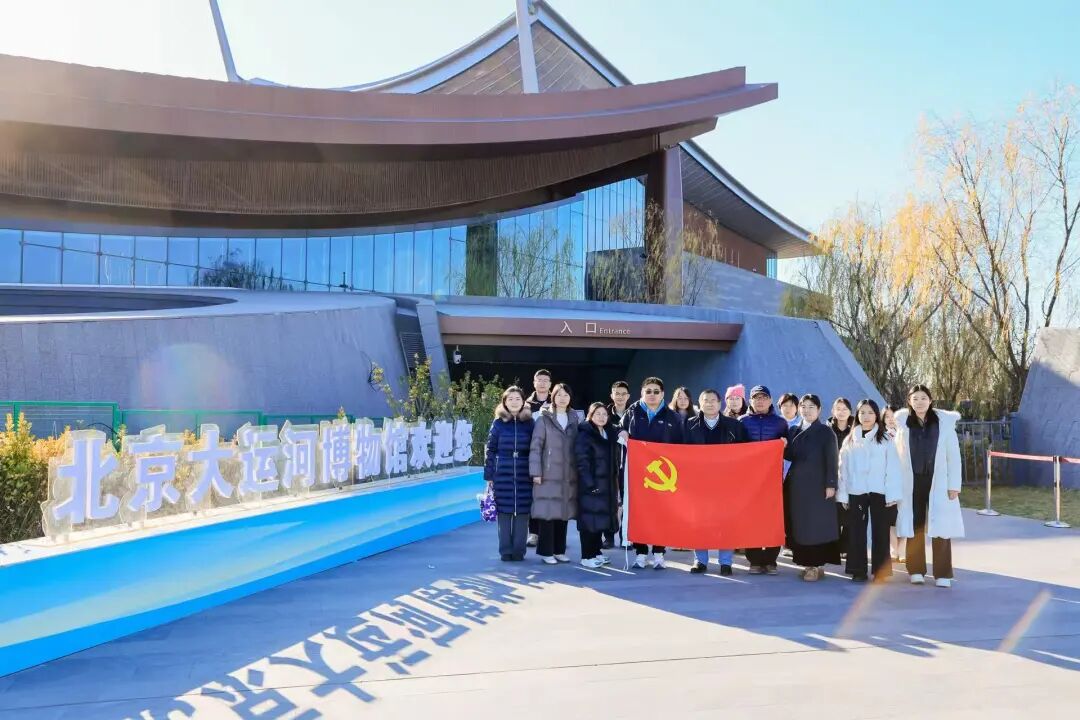
应用经济学院师生赴通州大运河开展实践研学
2025/12/11
-
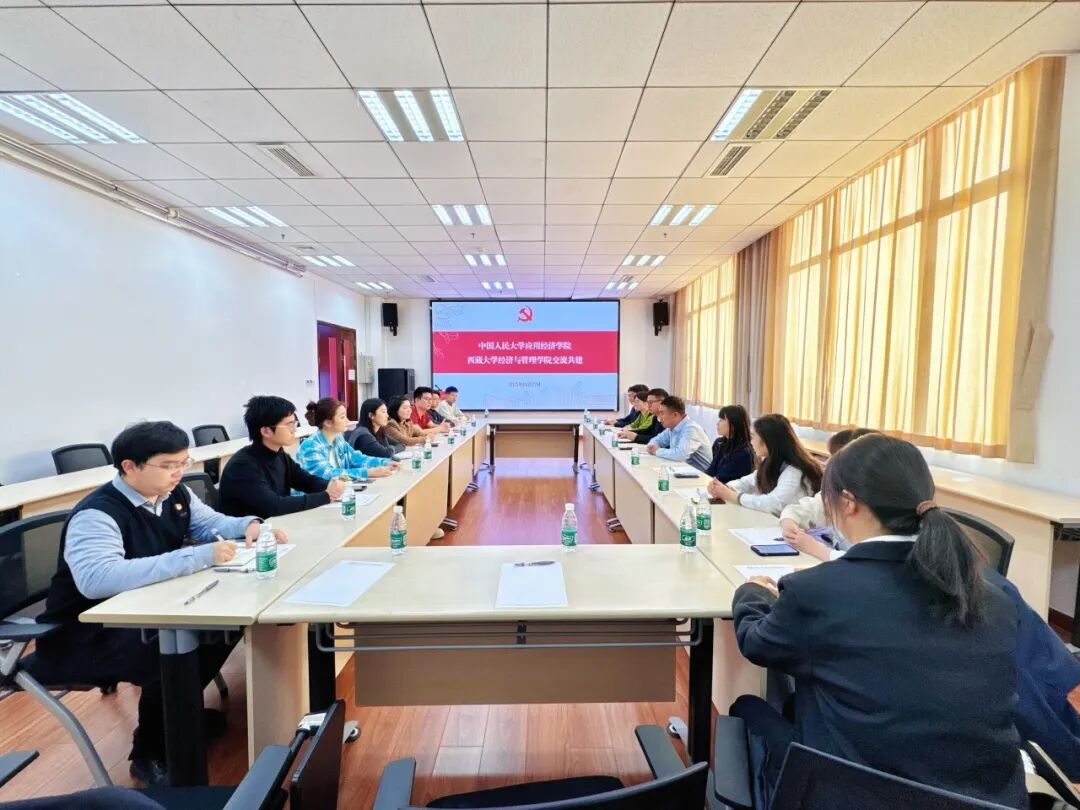
中国人民大学应用经济学院和西藏大学经济与管理学院开展联学共建暨党建经验交流活动
2025/12/11
-

学习贯彻党的二十届四中全会精神,应用经济学院教授开讲!
2025/12/10
-

强国一代有我在!应用经济学院学子唱响《先锋·人大组歌》
2025/12/10



